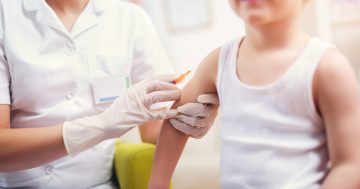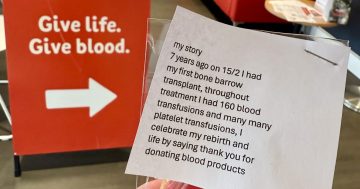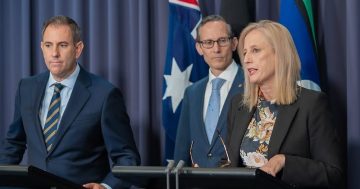 The World Health Organisation (WHO) has warned that only a tiny proportion of the global population — maybe no more than three per cent — appear to have antibodies in the blood showing they have been infected with COVID-19.
The World Health Organisation (WHO) has warned that only a tiny proportion of the global population — maybe no more than three per cent — appear to have antibodies in the blood showing they have been infected with COVID-19.
The finding means that it is unlikely that herd immunity will ease the exit from lockdowns.
Director-General at WHO, Tedros Adhanom Ghebreyesus said easing restrictions would not be the end of the pandemic in any country.
Technical Lead on COVID-19 at the WHO, Maria Van Kerkhove ( pictured) said the organisation had thought the number of people infected would be higher, but she stressed it was still too early to be sure.
“Initially, we see a lower proportion of people with antibodies than we were expecting. A lower number of people are infected” Dr Van Kerkhove said.
She said WHO needed to look carefully at the way some studies of the virus were being carried out.
“A number of studies we are aware of in pre-print have suggested that small proportions of the population have antibodies,” Dr Van Kerkhove said.
“However, even if tests show a person has antibodies, it does not prove that they are immune.”
She said there were a number of countries that were suggesting using rapid diagnostic serological tests would be a measure of immunity.
“Right now, we have no evidence that the use of a serological test can show that an individual has immunity or is protected from reinfection,” Dr Van Kerkhove said.
Geneva, 22 April, 2020











